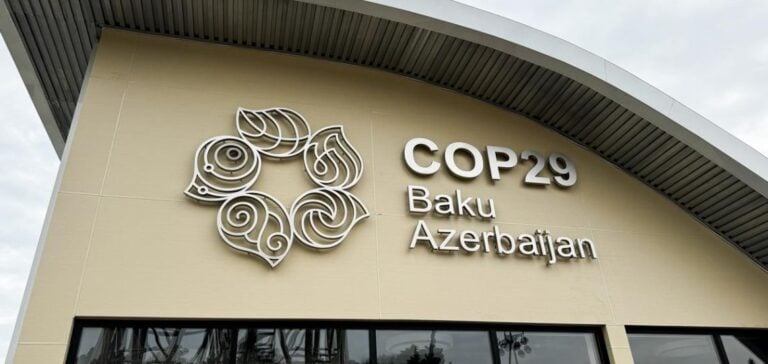At COP29 in Baku, the G20’s final declaration, drafted in Rio, drew mixed reactions from delegates and non-governmental organizations (NGOs). While notable progress was acknowledged in climate finance, especially for developing countries, the lack of explicit commitments to phase out fossil fuels faced strong criticism.
In their communiqué, G20 leaders emphasized the importance of increasing climate funding. They called for the mobilization of public and private investments, particularly to support developing nations. Adonia Ayebare, president of the G77+China, recognized this communiqué as a solid basis for negotiations in Baku but underscored the lack of clarity about the funding sources. “We asked that these funds come from public sources, in the form of preferential loans or grants, which was not clearly specified,” he stated.
Mohamed Adow, from the think tank Powershift Africa, welcomed the acknowledgment of the need to enhance public funding. However, without precise timelines or enforcement mechanisms, these declarations risk remaining aspirations, according to Oscar Soria, a veteran activist in climate negotiations.
Unmet Expectations on Fossil Fuels
The absence of a commitment to gradually phase out fossil fuels, a priority for NGOs, became a focal point of criticism. At COP28 in Dubai, this topic was among the key objectives. However, in Rio, the G20’s final communiqué failed to reaffirm this goal, leading to unanimous frustration.
“Silence on the phase-out of fossil fuels is an unacceptable setback for major economies and top emitters,” said Rebecca Thissen of Climate Action Network. NGOs asserted that this lack of leadership from major powers hinders global efforts to limit climate change.
High Expectations for Future Negotiations
As COP29 negotiations continue in Baku, the international community is awaiting concrete actions to address this lack of ambition. The G20 communiqué refers to a potential “success” for the new quantified collective goal but remains vague about figures and specific measures.
For Harjeet Singh, a member of the Fossil Fuel Non-Proliferation Treaty Initiative, this failure to reaffirm goals is a missed opportunity. “Abandoning fossil fuels is essential to achieving climate objectives, and G20 leaders failed their collective responsibility,” he stated.
The outcome of discussions in Baku will be crucial in assessing whether these financial commitments can translate into tangible actions and whether the necessary political signals will be sent to accelerate the global energy transition.






















